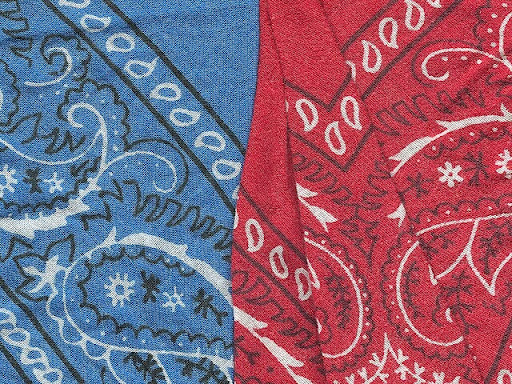Logically, I knew Arizona was a highly contentious purple state — I just thought it would be more blue than red on election day. Before attending Wellesley, I lived in Phoenix, Arizona, one of the more democratic pockets of the historically Republican state, though it has remained a swing-state in the last several elections. Seeing a MAGA flag on the back of a truck and a “Harris Walz 2024” bumper sticker at the very next light kept me aware that my largely liberal environment was not a complete picture of Arizonans’ views. Nevertheless, I didn’t realize the extent to which my perception of the 2024 election was impacted by moving from a divided Arizona to an overwhelmingly blue Massachusetts until election day, when my deep-rooted belief that Kamala Harris had a true chance at the presidency was dashed as state after state painted the map red.
As much as we joke about living in a Wellesley “bubble,” such an isolated existence truly does exist when it comes to politics. A recent Wellesley News poll found that nearly 90% of students voted for Harris, clearly illustrating the campus’ staggeringly blue majority. Consequently, it is easy to believe that most Americans hold the same beliefs as us because we are constantly reinforced by a campus of students who do. In the week leading up to the election, there was a pervasive hope so tangible that it seemed counterintuitive for Kamala to lose. How could she when our school championed her candidacy so strongly? Surely the rest of Massachusetts would agree and, even if it was marginally close, so too would America. Only in retrospect can I see the error of these ideas; my consumption of political one-sidedness led to a disastrous oversight on where the rest of the country, and even my home state of Arizona, stood; in the end, they both came up Republican.
The Wellesley “bubble” is a beautiful place to purposefully engage with like-minded individuals in order to catalyze social change, but it is not reflective of the world beyond campus. This is a harsh reality we must reckon with to stay politically informed, and, much more importantly, engaged. Complacency due a perceived political unity poses a threat to democracy when citizens fail, or are unable, to participate in the election process. Awareness of the country’s enduring party split is essential in reminding those disengaged that their vote and voice matters; there is no democracy if half the country doesn’t participate. The revival of a Republican student organization on campus is one way in which productive political discourse could be encouraged. Perhaps debates about prevalent topics could be held between the Republican and Democratic groups, leading students of both parties to engage with the others’ views. Individually, we can also make an active effort to consume media from all sides of politics, such as podcasts that cover both Democratic and Republican current events, publications by a party we may not personally align with, or discussions between politicians of opposing viewpoints. Both of these initiatives would ensure that the Wellesley “bubble” doesn’t remove us too far from the reality of America’s political climate by reintroducing the presence of Republican ideals. Although engaging with these ideas could be argued as legitimizing them, which some Ddemocrats likely wish to avoid, political discourse is an opportunity to evaluate the extent to which ideological beliefs are rooted in logical justifications. Engaging with opposing viewpoints not only broadens our understanding of political beliefs but also strengthens our democratic system by ensuring that both ideas we agree and disagree with are thoughtfully assessed.
The apparent party unanimity felt at Wellesley can make it easy to disengage from politics under the assumption that your vote doesn’t matter. But as many of us so recently witnessed, election outcome predictions can be easily influenced by our surroundings, especially on Wellesley’s largely Democratic campus. To ensure that we remain politically literate and engaged, we must actively seek out diverse perspectives, challenging our own beliefs and broadening our understanding of the complexities that shape our national discourse. Ultimately, by confronting the nuances of this landscape and stepping beyond the echo chambers of our immediate environments, we can become more conscious participants in democracy.



